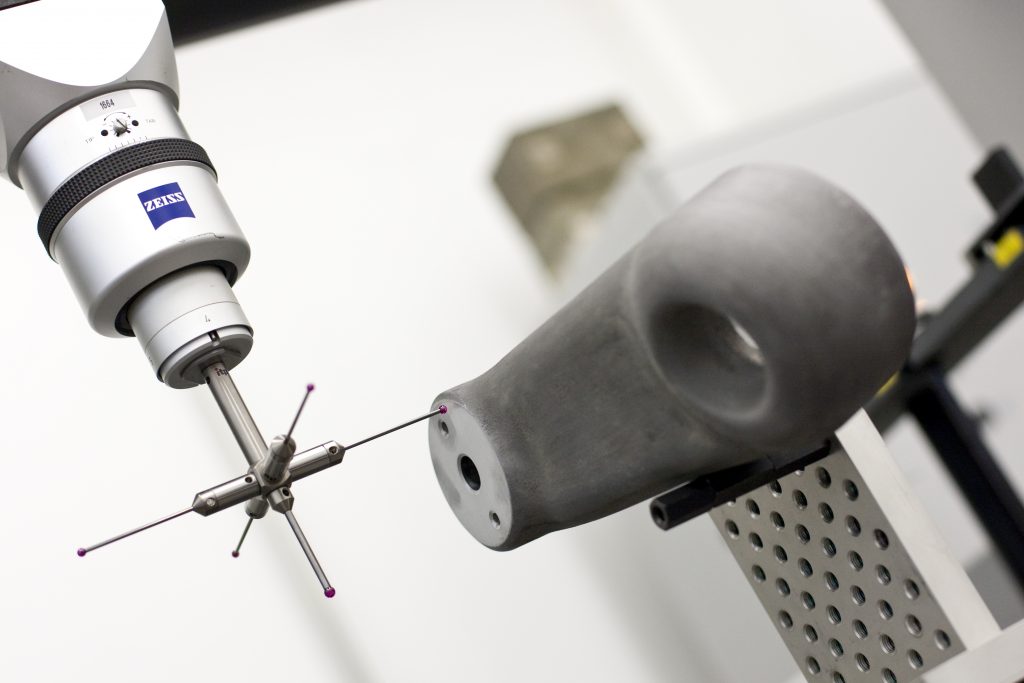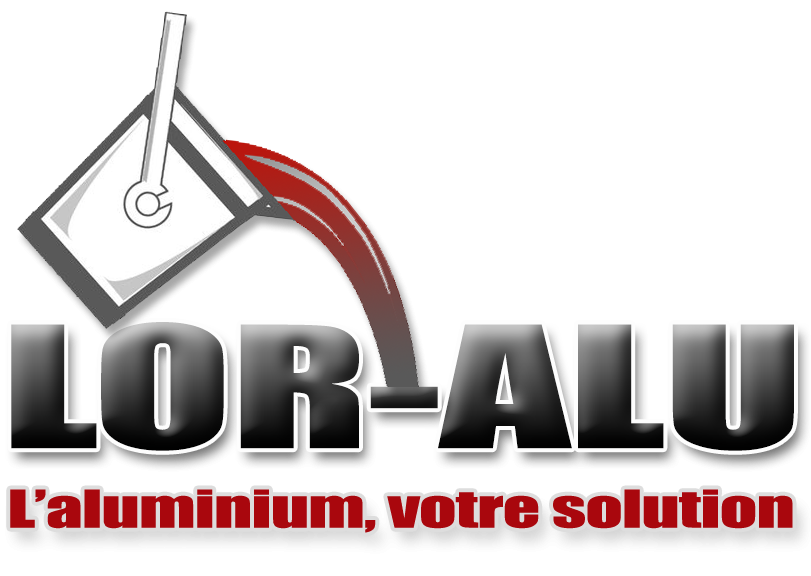Services
From part design to industrialisation in the foundry
Our services for aluminium parts :
Casting machining
Heat treatment
Surface treatment
Aluminium part checks
Checks on castings
- Foundry services on aluminium materials
LOR ALU can carry out non-destructive or destructive testing to guarantee the material’s health and mechanical strength. We can carry out the checks you require. These foundry services are carried out before, during and after production of the part. However, this is not necessary for all parts.
Spectrometry: material analysis
Radiography: volumetric inspection of the part
Penetrant testing: surface inspection of the part
Tensile testing
Hardness testing


Casting services for aluminium parts
- Additional services
Thanks to its many partners, LOR ALU is able to offer complex additional foundry services for large and small parts. These post-casting treatments give the parts improved mechanical and visual characteristics. The importance of being able to centralise foundry and post-foundry operations are complementary services to meet demand. Our focus is on customer satisfaction, which is why our years of experience have enabled us to find a panel of trusted service providers to carry out these foundry operations.
Machining Thermo-lacquering
Anodising Heat treatment
Explanations of common foundry services:
Machining a casting is the process of transforming cast metal parts by removing excess material. Steps include inspection, clamping the part on a machine tool, rough machining to remove excess material, accurate measurements, finish machining to achieve precise dimensions and geometry, quality control, and possibly surface treatments. This process is crucial in various industries to produce high-precision metal parts.
Heat treatment of an aluminium casting is a process of modifying the mechanical properties of the casting by controlling its heating, temperature maintenance and cooling. The aim is to improve the strength, hardness, ductility and other characteristics of the part by adjusting its crystalline structure. After preparation, heating, holding, cooling and possibly annealing, the part undergoes quality control to ensure that it meets the required specifications. This process is essential in various industries to guarantee the performance of aluminium parts.
